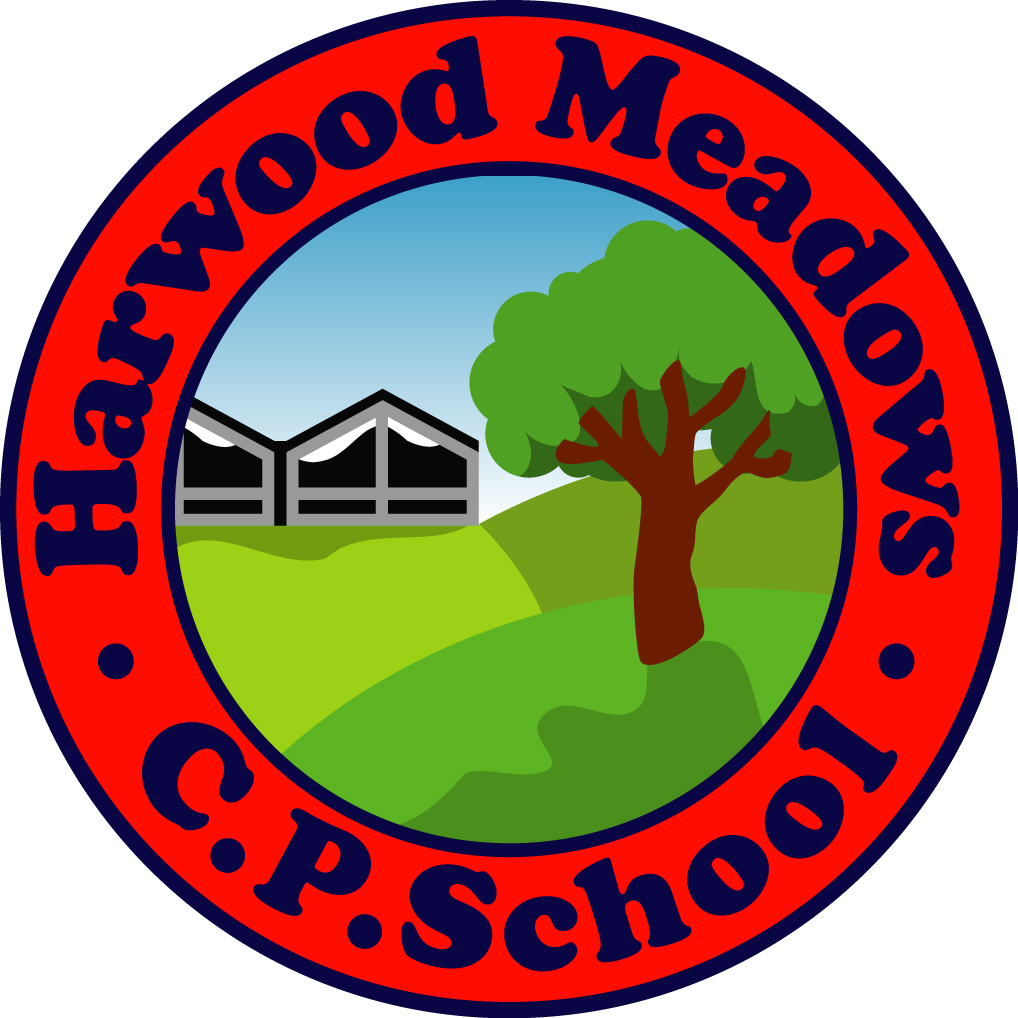Music
MUSIC
OVERVIEW
At Harwood Meadows, all children will have the opportunity to sing, to listen to music, to experience different musical instruments, to perform and to enjoy music. We recognise that music and learning an instrument is a gift that can enrich lives and can stay with a person throughout adulthood; therefore at Harwood Meadows, we encourage children learn an instrument. As pupils progress, they will develop a critical engagement with music, allowing them to compose, and appreciate a wide range of music from their own cultural heritage and from other cultures. Experiencing a range of music develops children’s wellbeing and cultural capital and we therefore strive for all children to have access to a range of musical opportunities.
INTENT
- All children will have the opportunity to learn a musical instrument in KS2
- Instrumental lessons / extra-curricular learning is to be available for all children
- Further musical development of children will be offered through enrichment of the music curriculum
- All children, including those that are disadvantaged and those with special needs, have opportunities to have enriched opportunities in music
- Children will learn to sing and to use their voices, to create and compose music on their own and with others, use technology appropriately and have the opportunity to progress to the next level of musical excellence
- Pupils will be taught to use their voices expressively and creatively by singing songs and speaking chants and rhymes
- All will understand and explore how music is created, including through the inter-related dimensions: pitch, duration, dynamics, tempo, timbre, texture, structure and appropriate musical notations.
IMPLEMENTATION
- We use the scheme 'Charanga' to deliver music at Harwood Meadows
- Pupils learn how to play tuned and untuned instruments musically, play and perform and ensemble contexts, using their voices and playing musical instruments with increasing accuracy, fluency, control and expression
- All children learn to sing during regular singing assemblies. Children also have access to a school choir as well as singing lessons
- Peripatetic music teachers deliver individual / small group lessons weekly
- Pupils experiment with, create, select and combine sounds using the inter-related dimensions of music. They improvise and compose music for a range of purposes using the inter-related dimensions of music
- Children learn how to listen with concentration and understanding to a range of high-quality live and recorded music
- Musical performances / assemblies take place termly
- We regularly work with specialist music organisations / hubs (e.g. Bolton Music Service, The Halle, Bolton Symphony Orchestra) in order to enrich the music curriculum
- Pupils learn how to pay attention to detail and recall sounds with increasing aural memory
- When appropriate they will use and understand the stave and other musical notations
- Enabled to appreciate and understand a wide range of high-quality live and recorded music drawn from different traditions and from great composers and musicians as they develop an understanding of the history of music.
- Music is applied in other areas of the curriculum e.g. maths, French, history
IMPACT
All pupils will benefit from a high quality music education which will engage and inspire pupils to develop a love of music and their talent as musicians. It will increase their self-confidence, creativity and sense of achievement. As pupils progress, they will develop a critical engagement with music, allowing them to listen to and enjoy a wide and rich range of music.
We focus on progression of knowledge and skills and discreet vocabulary which also form part of the units of work. We measure the impact of our curriculum through the following methods:
- Assessing children’s understanding of topic linked vocabulary before and after the unit is taught
- Summative assessment of pupil discussions about their learning
- Images and videos of the children’s practical learning
- Interviewing the pupils about their learning (pupil voice)
- Subject leader monitoring of standards
- Teacher dialogue where pupil’s work is scrutinised and there is the opportunity for teachers to understand their class’s work and develop curriculum opportunities further.
-
Bolton Music Service Use this link to book paid for one to one or small group instrument tuition for your child in school.
